Just over five years ago, Sister Teresa Houlihan’s daily walks started leaving her winded.
Now 91, Houlihan thought she might be slowing down because of her age.
Still, she went to see her cardiologist.
“I told him that about every 30 steps I found I was needing to take an extra breath,” Houlihan said.
Testing revealed her aortic valve had begun to fail. The blood flow through her aorta should have been through a space about the size of a 50-cent coin. Hers had become the size of a pencil.
The problem would need to be corrected.
Houlihan, a Dominican Sister who lives at the Marywood Campus in Grand Rapids, learned she might be a candidate for a leading-edge technology in aortic valve replacement.
Physicians at Spectrum Health participated in research for a groundbreaking treatment called Transcatheter Aortic Valve Replacement, or TAVR for short.
William Merhi, DO, an interventional cardiologist, and John Heiser, MD, FACS, a cardiothoracic surgeon, both with Spectrum Health Fred and Lena Meijer Heart Center, entered her as a candidate for the research study.
As part of the study, she was randomly assigned to receive TAVR rather than traditional open heart surgery.
“It was a tremendous relief to be put into the study,” she said. “Otherwise, I would have needed to take the alternative—open heart surgery.”
That would have demanded a lot of her and required a much longer recovery period.
Being one of the earliest recipients of TAVR changed Houlihan’s life, but also paved the way for thousands of others to benefit as well, according to Dr. Merhi.
Now approved for widespread commercial use, Spectrum Health performs about 300 TAVR procedures every year.
“It took a lot of courage and commitment from people like Sister Houlihan to enroll in the studies to allow other people to get these therapies,” Dr. Merhi said. “I keep telling her when I see her, ‘You’re the unsung hero. You’re the one who got this approved for everyone. We all need to thank you for what you have done. You have helped advance the field and helped provide this therapy for other people.’
“She’s just a phenomenal, phenomenal person,” Dr. Merhi said. “She has such an altruistic personality and she was trying to provide service to others.”
Houlihan remembers the day of her surgery well: April 28, 2016.
“I can remember the morning going into surgery, I said a prayer that God would protect the hands of all the medical professionals, that they would do their jobs well and be blessed,” she said. “I really believe it was God’s good care that I did have a TAVR.”
She felt confident she was in good hands that morning.
Dr. Merhi and Dr. Heiser routinely work together to perform the procedure, which involves threading a catheter into an artery in the groin. When they reach the heart, they replace the existing, damaged valve with the new valve. The old valve stays in, just pushed to the side.
Houlihan’s surgery happened on a Thursday morning. She spent Friday in the intensive care unit and moved to a regular hospital room on Saturday. By late Sunday afternoon, she had her discharge papers.
“There was no pain,” she said.
While Houlihan felt relatively good before the procedure, “she didn’t realize how good she wasn’t feeling until after TAVR,” Dr. Merhi said.
“We hear that from a lot of patients, that they can’t believe how much they were slowing down, and they thought it was just aging, but it really was the aortic valve,” he said.
Many of Spectrum Health’s TAVR patients are high or extreme risk, Dr. Merhi said. While the national average for clinics performing TAVR on extreme risk patients is 6%, Spectrum Health’s is 26%. And Spectrum Health maintains lower mortality rates compared to the national average, he said.
“When it comes to your heart, experience matters,” he said. “I’m really proud of our team.”
Five years after her TAVR, Houlihan is living an active life.
“I have a hearty diet, I get adequate sleep, and I walk 30 minutes every day without a walker or a cane,” she said. “I often take the stairs rather than the elevator.”
Houlihan spent her career as a philosophy professor at Aquinas College in Michigan and Providence College in Providence, Rhode Island. She retired in 2007.
She’s still an avid reader on weighty topics such as ethics, police reform and ecological problems.
“I can’t say enough how pleased, delighted, grateful I am about the outcome in my case,” Houlihan said. “I really have just kept on living.”
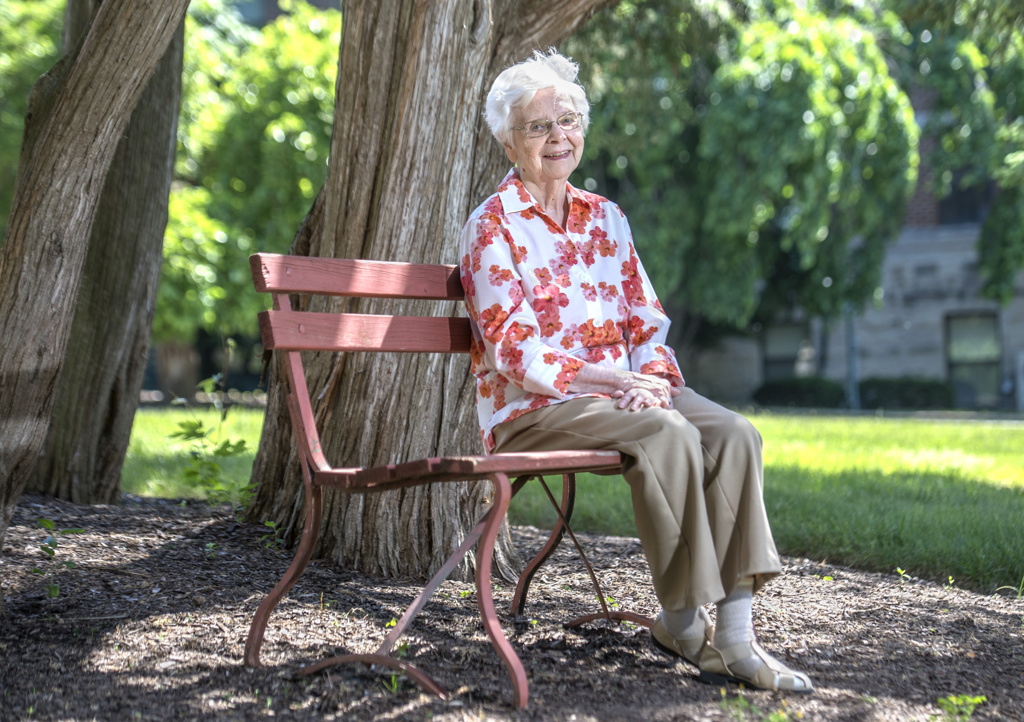
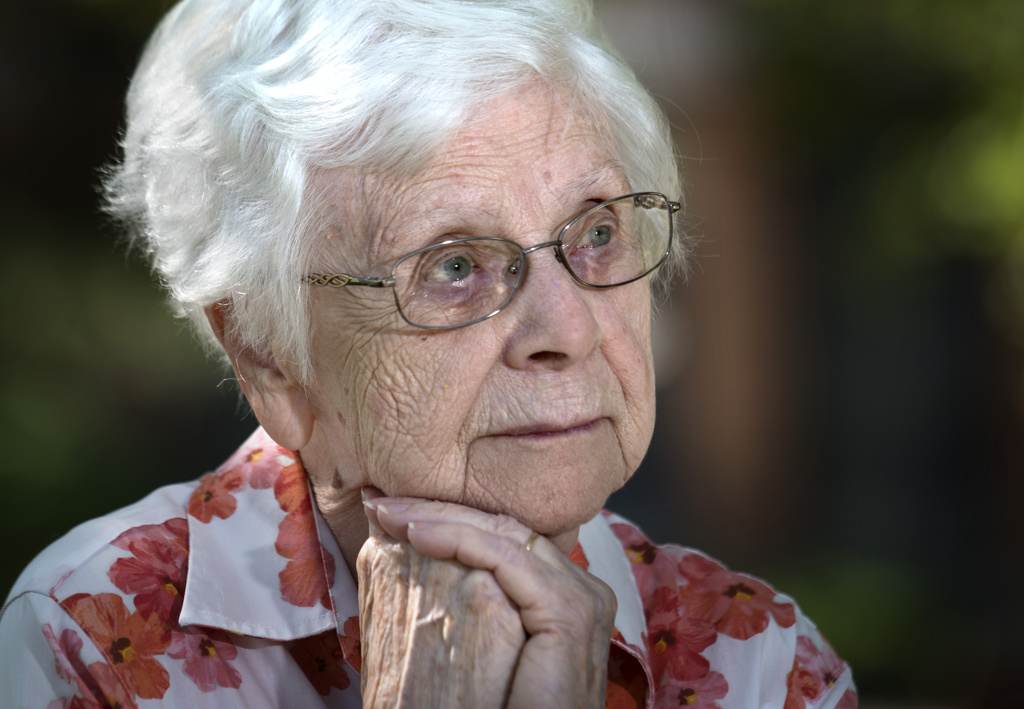

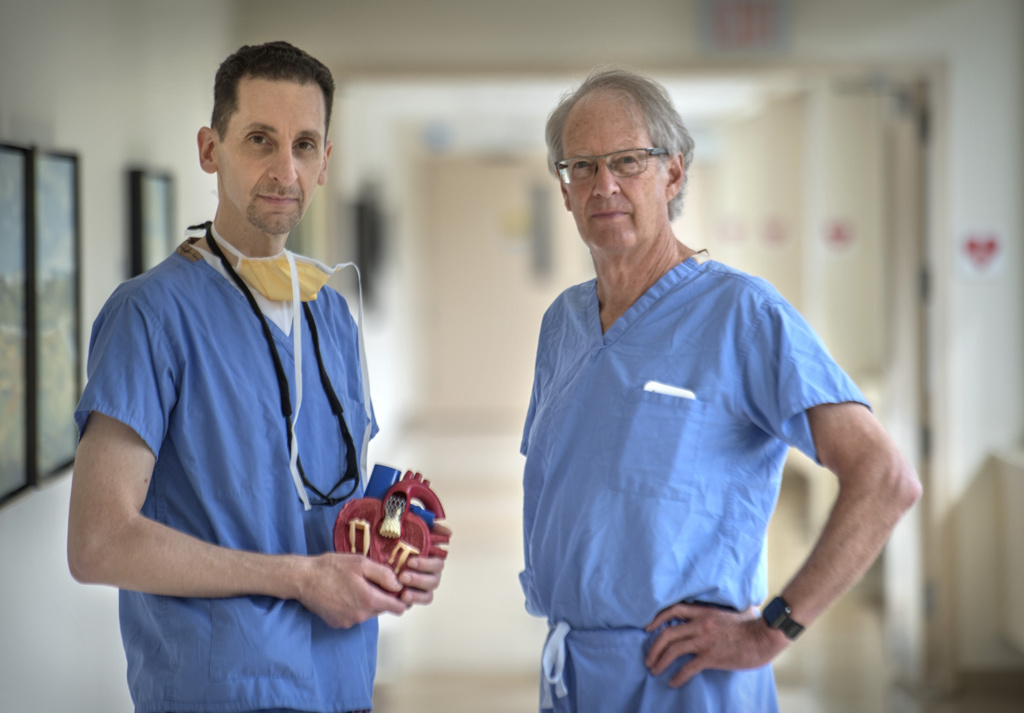
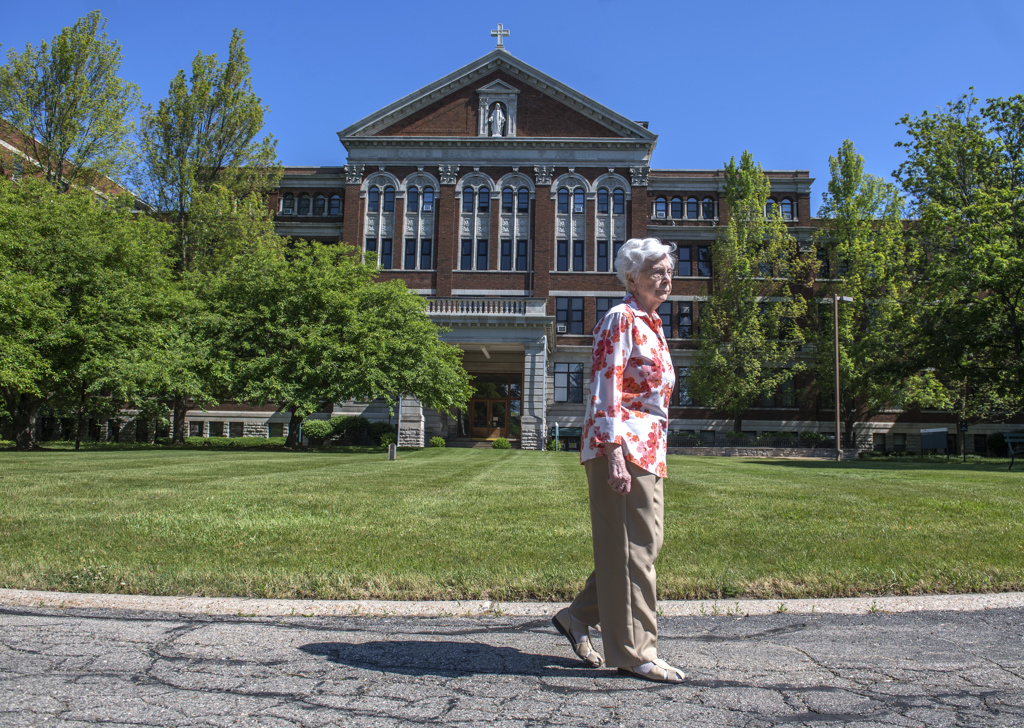
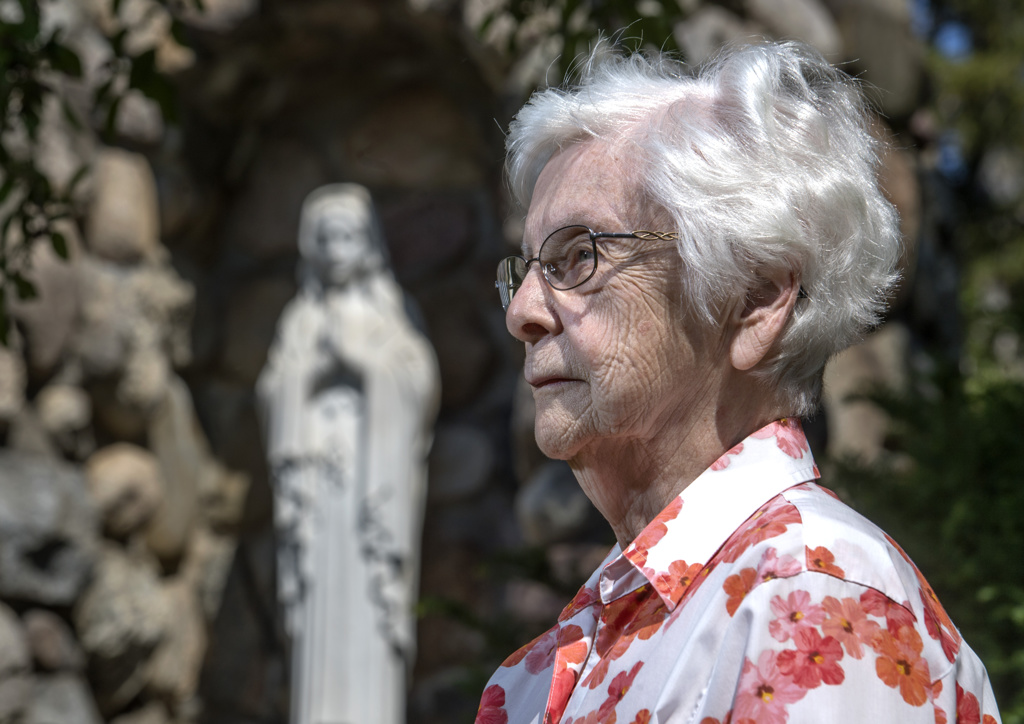
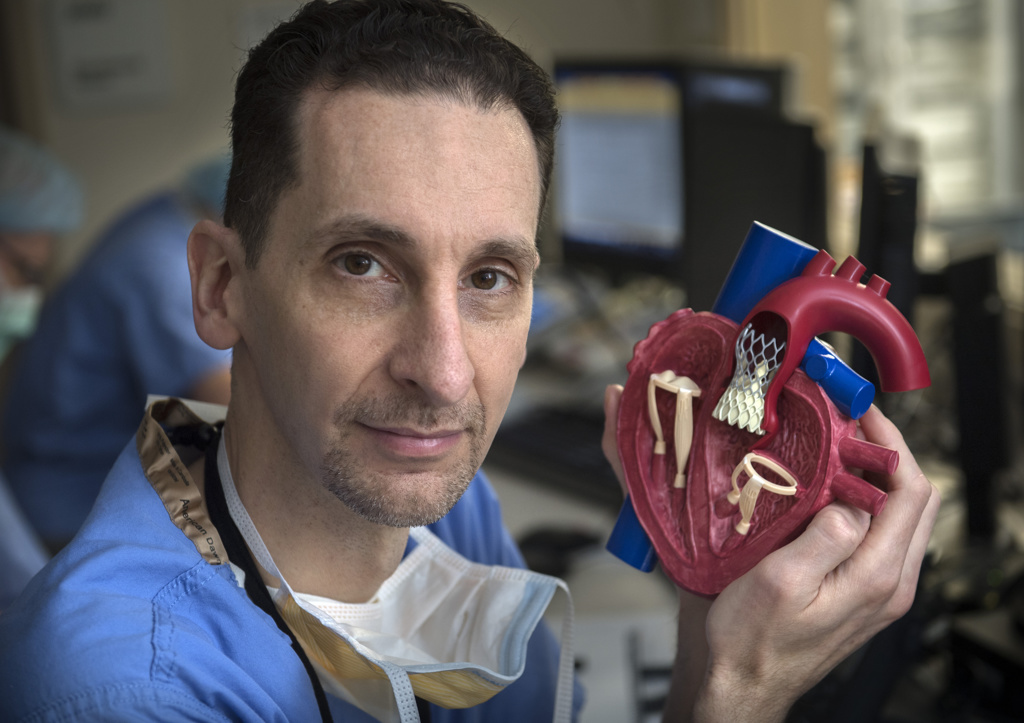
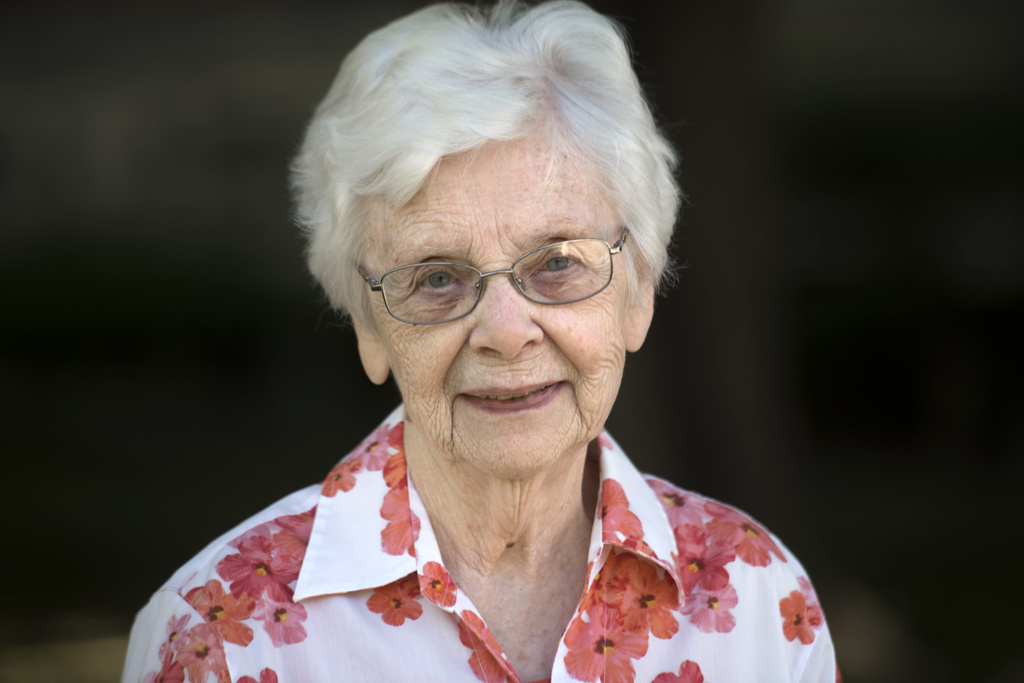
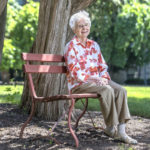


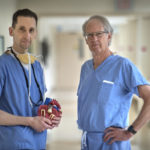
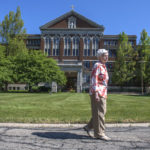
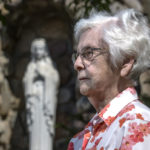
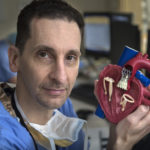

 /a>
/a>
 /a>
/a>
 /a>
/a>
I am so proud of her. And very happy with the results.
It is true she is an unsung hero. And
I am proud to say she is my sister.
Carley
Sister Theresa’s story is inspiring. I met her once, it was at her nephew’s wedding in fact. She is phenomenal. A wonderful peaceful outgoing heart. I kept asking, “so where does she live?” as I wanted to continue to get to know her.